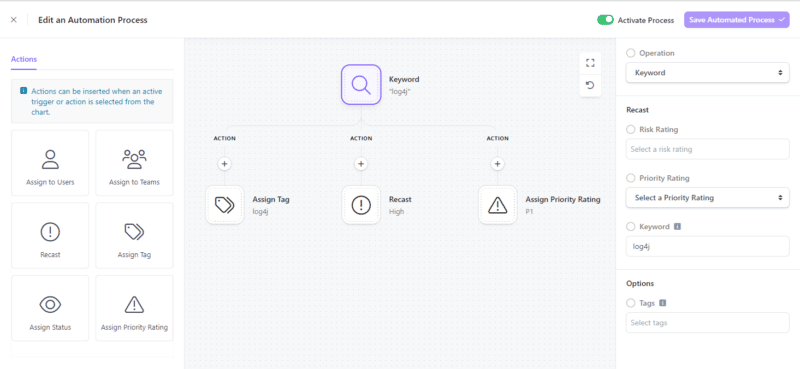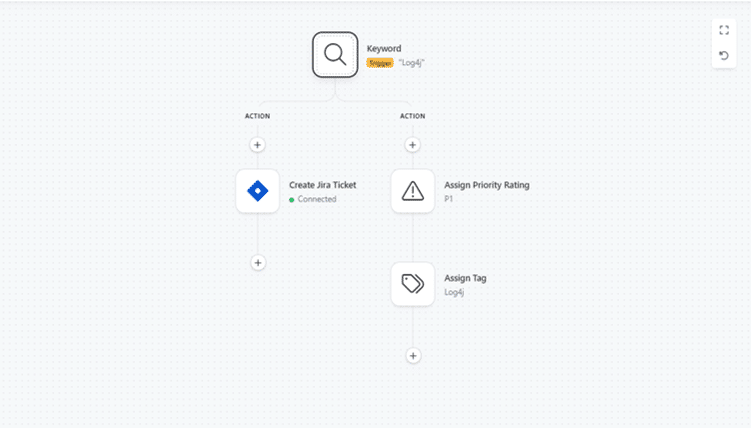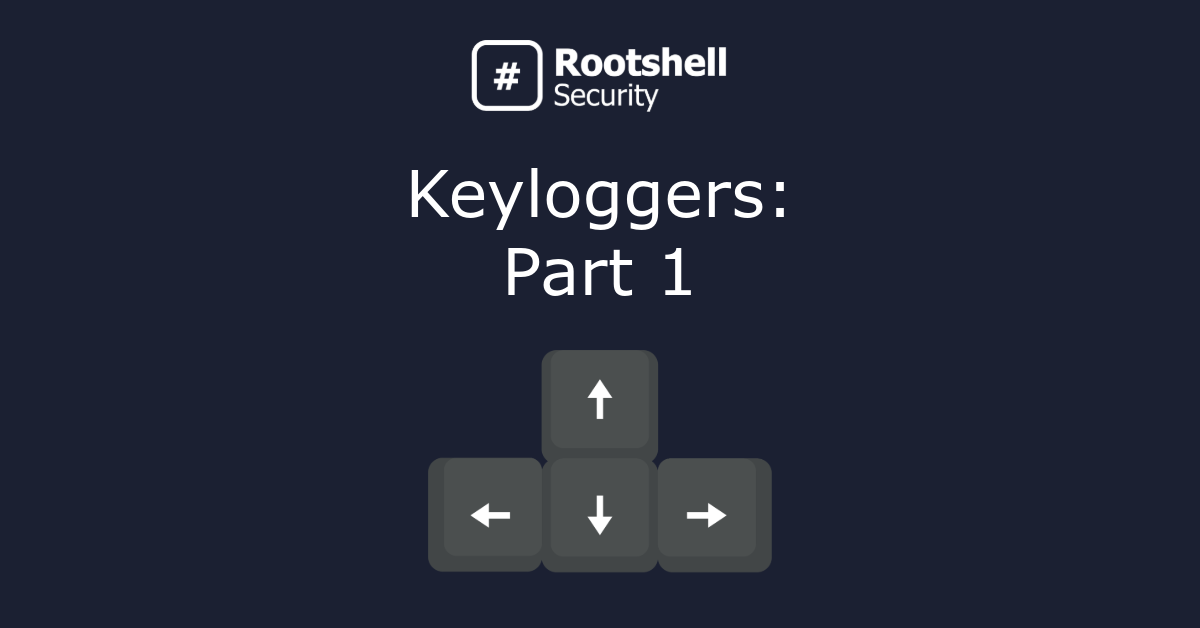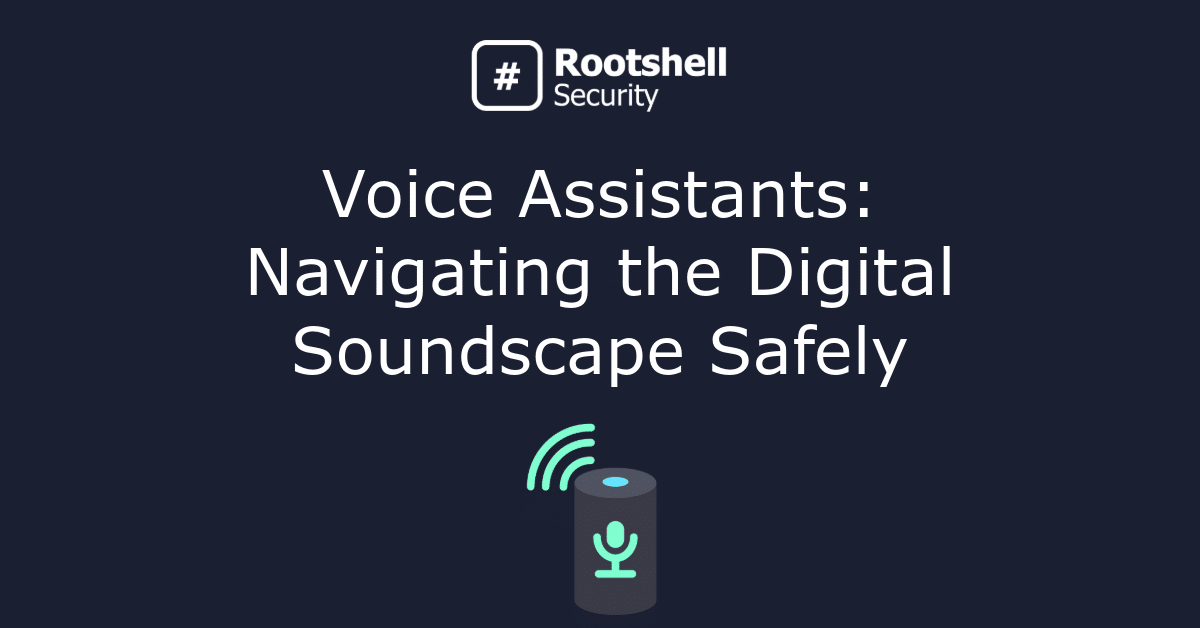Rootshell Platform’s Automation Center enables teams to create a range of automation rules that will drive down the time it takes to remediate issues and help manage, prioritize, and delegate vulnerabilities, with no manual effort required.
In this post, we share just two of the many ways the Automation Center benefits IT security teams.
Never Miss a Priority Issue Again
Traditionally, IT security teams are only made aware of newly discovered vulnerabilities once a report is delivered at the end of an engagement. Then, each issue, of which there could be hundreds, needs to be manually reviewed and assigned.
Not only is this slow, manual work; it hinders organizations from gaining visibility of their current threat posture and fixing critical vulnerabilities as quickly as possible. Rootshell Platform has already significantly increased the speed of this process, by enabling teams to receive their results live from tests.
Now, the platform drives down the time it takes for organizations to receive, triage, and remediate results even further, with the new Automation Center.
Users are able to create their own rules for how an issue should be delegated once it is discovered by a test. This means vulnerabilities can be assigned to the appropriate colleague or team as soon as they are reported in the platform, with no manual effort required.
Rules can be set for vulnerabilities based on their priority status, such as issues affecting mission-critical assets that are being actively exploited. This ensures the most critical issues will always be prioritized and assigned as soon as possible.

Save Valuable Time by Automating Triaging
The Automation Center also reduces the manual workload created by triaging.
After managing the most critical issues discovered by a test, sorting through the hundreds of ‘high’, ‘medium’, and ‘low’ vulnerabilities is arduous and time consuming.
Users are able to set up automations that enable the platform to sort through the noise on their behalf.
Rules can be created to reflect how teams would usually evaluate the new issues found in their estates. For example, an automation could add a customizable tag that says ‘to be triaged’ to any medium issue found on a priority-asset containing ‘log4j’ in its name.

Follow us on LinkedIn for more about Rootshell’s automation center, as well as vulnerability and threat information.
Get in touch with us to learn more about Rootshell today.
Subscribe So You Never Miss an Update




